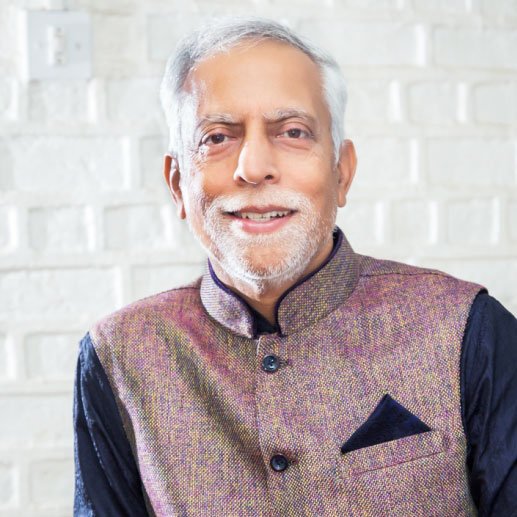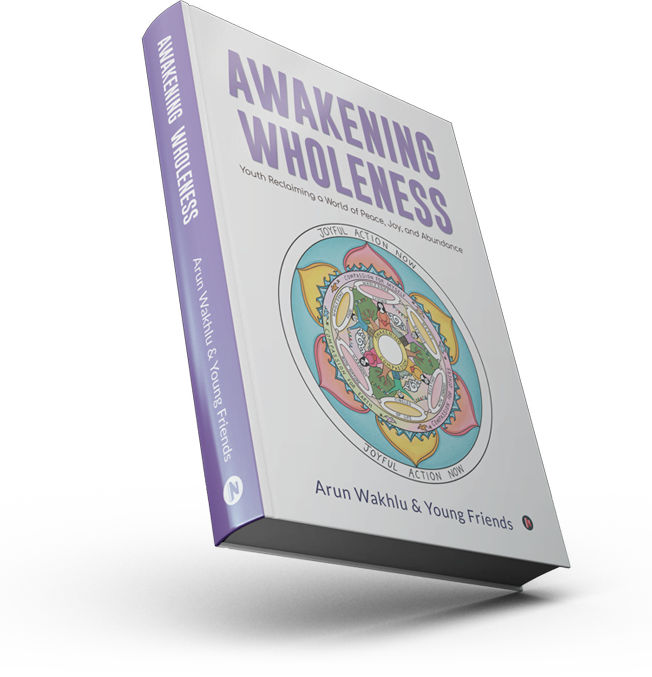1.
Health is joy, energy, enthusiasm, and peace. How is your J.E.E.P. meter reading right now?
What are a few simple things you can do to come back to the now, to health, and to life? Be still and listen to guidance.
What is compassion calling you to do now? It could be as simple as taking a stretch, drinking some water, or just taking a microbreak. Just do it now.
2.
Bring more mindfulness to your daily actions. This can be done by consciously slowing down the pace of things you normally do, such as eating food, writing a letter, or walking. Do them at half the speed you normally do. What do you notice when you slow down consciously and do things at the speed of life?
3.
Regularly take up practices to clear away the roots of negative emotions in the body and mind. There are many ways to clear them up. One is keeping a journal in which you can regularly pen down your feelings, thoughts, and experiences. Spend a few minutes writing continuously, without stopping, in response to the prompts: “What life is calling me to do now is…”, and then the next prompt: “What blocks me from doing what life is calling me to do now is…”.
What insights arise from this exercise?
4.
List a few emotional blocks that keep you from living a wholesome life. You can use the Emotional Freedom Technique (EFT) and Optimal EFT to clear up these emotional blocks.
5.
Food is also what you feed your mind. Read books that uplift your spirit and mind. Choose the books, TV programs, magazines, websites,and video games that you visit as carefully as you choose your friends. Be selective. Scan the mental food that you feed your mind. What are the sources you want to add, eliminate, or continue?
6.
The Pause Diet: Pause before making any commitments or taking any action. Check to see if the action is in keeping with your values and priorities. How does your body feel when you close your eyes and imagine yourself doing this action? Does this make you feel more like who you really are? Pause as you begin the task. Focus your attention on the here and now, so that you can do full justice to whatever it is that you are doing. Pause during the task to re-evaluate. Once you have begun a task or project, new information will begin to flow. You may need to make changes that incorporate this experience and knowledge. Pause to breathe. Acknowledgement, acceptance, and peace come more easily when you return your attention to your breath.
Pause the thought stream as it rises and step out into observer mode. Notice how the thoughts rise and fall away. Without resisting them or energising them, the simple act of moving out of the story in a fraction of time can ease them away. Pause as the cascading thoughts gather momentum and gently remind yourself of observer mode. Pause to remind yourself, ‘I am experiencing this emotion’. E.g., ‘I am angry’, remind yourself that ‘I am experiencing anger.’ This helps you acknowledge the emotion without identifying yourself with it.
It is a reminder that the emotion is transient and will pass. Pause to question the cause of the emotion. Very often, the true cause of the emotion is far different from the apparent reason on hand.
Understanding what is really bothering you will really help you resolve the emotion and also notice any underlying behavior patterns.
How energised and inspired do you feel?
What has surprised you about this task?
What have you learned?
(I am grateful to Sangeeta Bhagwat for the “Pause Diet ”).







